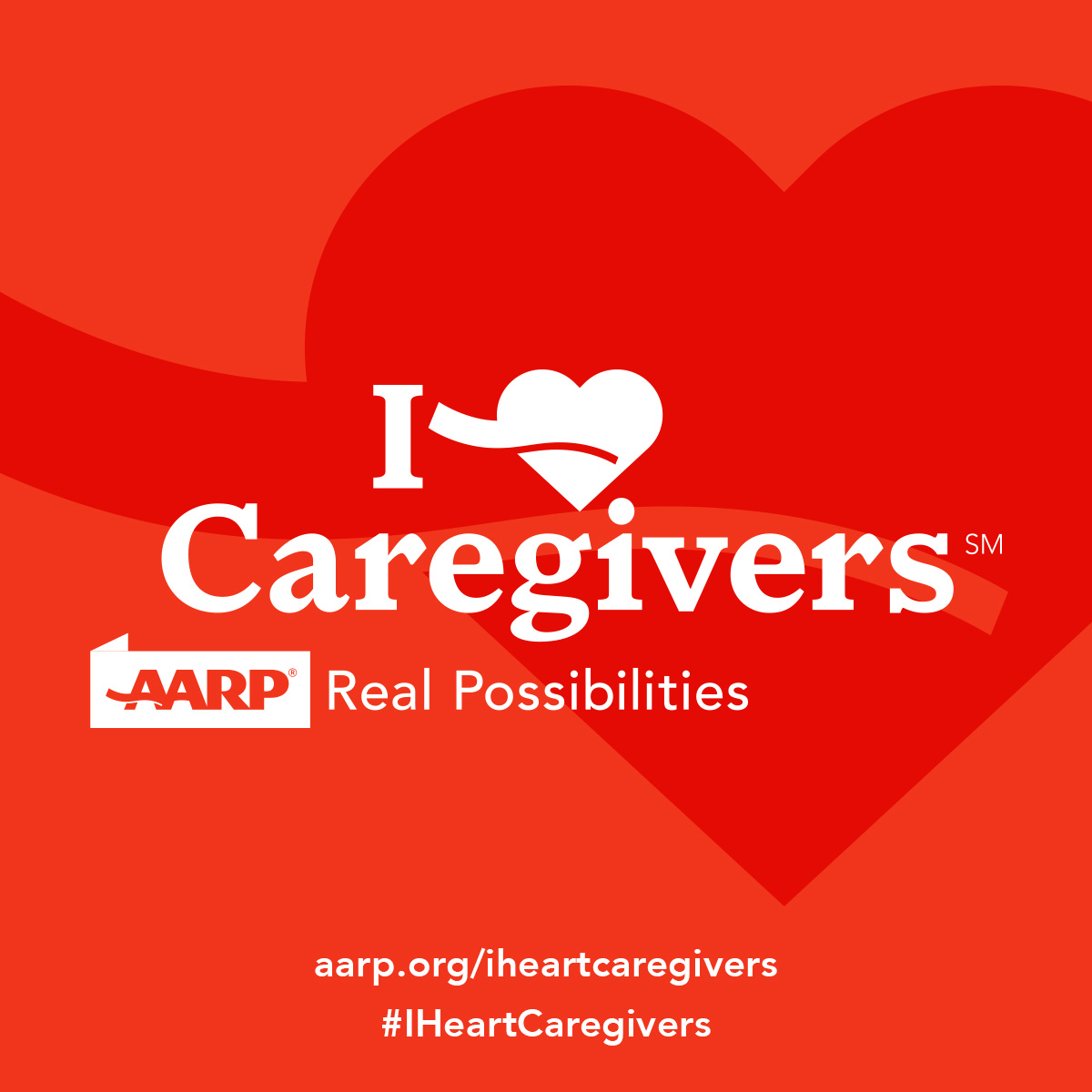AARP Hearing Center

Christine Caswell of Lansing cared for her handicapped parents while attending law school in her mid-40’s. Her father took a nasty fall and ended up in a nursing home. She took care of her mother in her mother’s home, in her own home and in hospice. Her mom died the day Christine received her new law license number.
“I am so grateful for having gone through that process with my mom, but I am still so frustrated we had so little help,” Caswell said.
Chrstine is one of more than 2 million Michiganders who performs a great labor of love: caring for aging parents, spouses, and other loved ones so they can remain in their homes. These family caregivers are sometimes on duty 24 hours a day, seven days a week – and often they can’t even take a break. But they wouldn’t have it any other way.
That’s why we honor these unsung heroes for their labor of love during November: National Family Caregivers Month.
It’s a fact: the vast majority of older Michiganders want to live independently, at home, as they age. And, family caregivers are the ones who provide the bulk of assistance to make this goal a reality for many. They help with:
- bathing and dressing
- meal preparation
- managing finances
- transportation
- grocery shopping, and much more.
Many family caregivers also perform medical or nursing tasks for their loved ones – like complex medication management, wound care, and injections. Yet, most receive little or no training for these duties.
That’s why AARP will be fighting for a commonsense solution called the Caregiver, Advise, Record, Enable (CARE) Act during the next state legislative session that begins in January. The CARE Act helps family caregivers when their loved ones go into the hospital and as they transition home. The bill features three important provisions:
- The name of the family caregiver is recorded when a loved one is admitted into a hospital;
- The family caregiver is notified if the loved one is to be discharged to another facility or back home; and,
- The facility must provide an explanation and live instruction of the medical tasks – such as medication management, injections, wound care, and transfers – that the family caregiver will perform at home.
Today, the average family caregiver is a 49-year-old female, who takes care of a 77-year-old woman – usually her mother. She provides 20 hours a week of assistance to her loved one, although she may be on call around-the-clock. She also works.
In Michigan, family caregivers provide unpaid care valued at an estimated $16 billion annually. For our state, their contribution runs even deeper. By helping their older loved ones remain at home – and out of costly nursing homes, usually paid for by Medicaid – family caregivers are, in essence, saving the state money.
But, family caregivers could use some support – so they have the strength and energy to carry on: more support, help at home, workplace protections, training and more. That’s why AARP is fighting for commonsense solutions, like the CARE Act, giving nurses more authority to heal, and making sure the right resources are available in the community – like home care and adult respite care – so family caregivers have the strength and energy to carry on.”
Keep in mind: If you’re not a caregiver now, you were one in the past, or you will likely be one in the future. This month, let’s all take a moment to recognize our fellow family caregivers – share your story at aarp.org/iheartcaregivers .































































